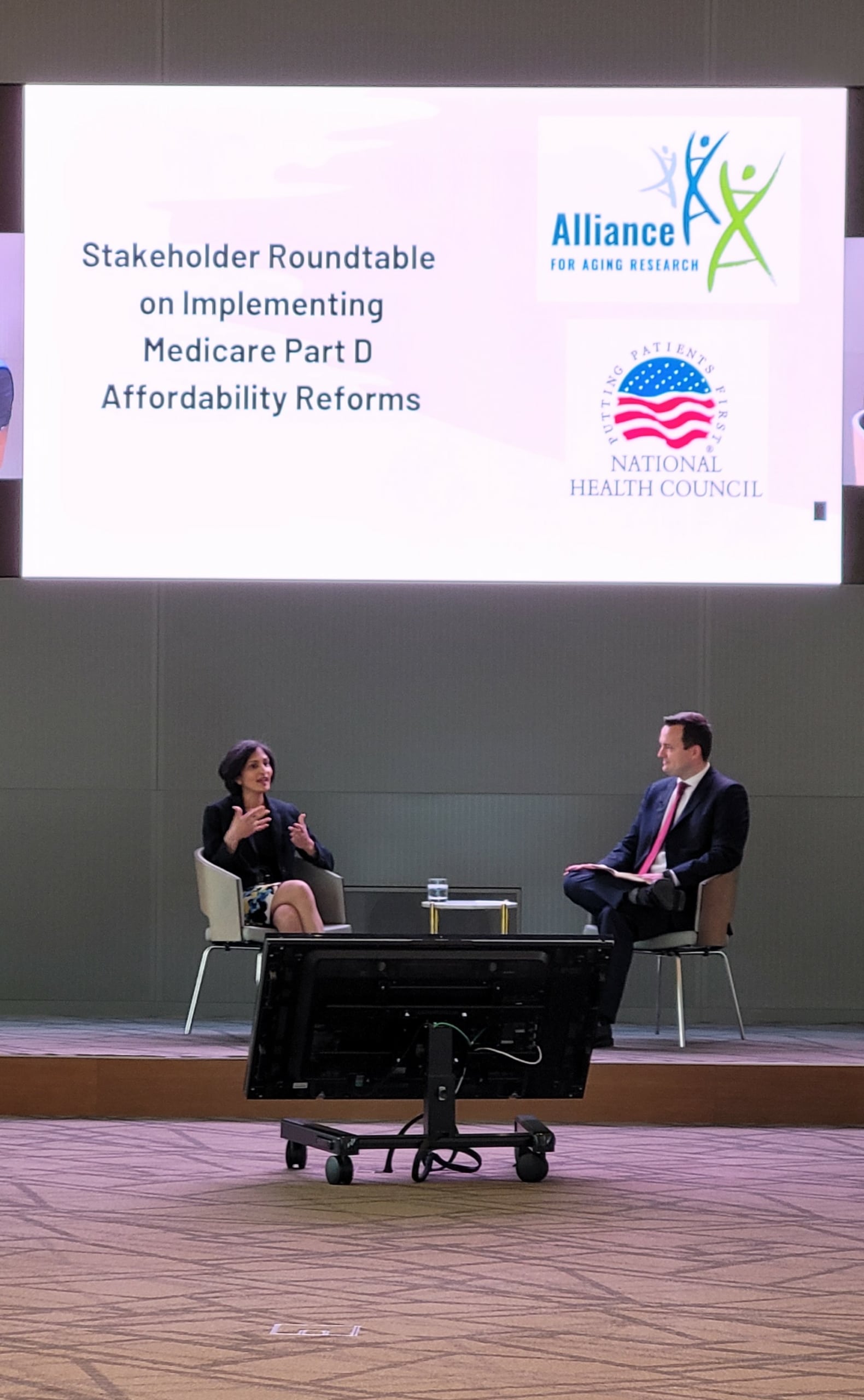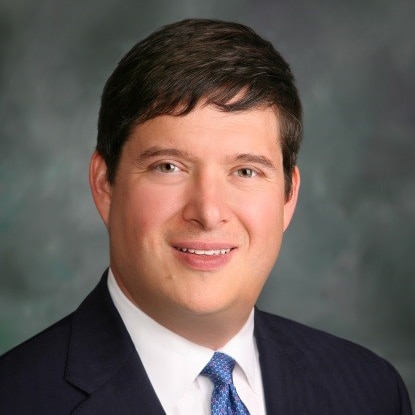On October 14, 2021, the Alliance for Aging Research (Alliance) and the USC Schaeffer Center for Health Policy & Economics hosted U.S. Representative Scott Peters (D-CA-52) for an educational webinar on patient-centered policy reforms to improve the Medicare Part D prescription drug program for America’s seniors. During the event, “Getting it Right: Drug Pricing Reform That Works for Patients and the Medicare Program,” three guest panelists discussed what policy changes should be prioritized as Congress narrows in on drug pricing reform legislation and the impact of potential policy changes on older adults in Medicare Part D.
Susan Peschin, President and CEO of the Alliance moderated the 45-minute Zoom webinar and conversation between Rep. Peters and two other guests, including Dr. Erin Trish, Co-Director of the USC Schaeffer Center and Michael Ward, Vice President of Public Policy for the Alliance.
During the conversation, panelists discussed the impact of several key federal policy proposals on patients and medical innovation. Those include:
- H.R. 3 would impose a 95% excise tax which is likely to dissuade private investors from providing the capital necessary to develop cures.
- Medicare Part D beneficiaries’ out-of-pocket costs should be capped on a graduated, income-based scale.
- Drug pricing reform proposals should modernize the Part D benefit structure, so plans are incentivized to effectively manage spending and maximize beneficiary savings throughout the whole benefit design.
“It’s wrong for seniors to have to choose between paying their rent and affording their medicines. I think every Democrat, actually, would like to tackle that and a lot of Republicans would as well…[H.R. 3] says to companies who produce these cures ‘take our price or we’ll take 95% of your profits,” said Rep. Scott Peters (D-CA). “In 2018 the private sector invested $102 billion dollars in research into life sciences…[comparatively], $40 billion from the NIH is a lot of money, but it’s dwarfed by the private investment…If you dissuade those investors from taking that risk, we face the possibility that those cures won’t be there in the end.”
For more information about the Project LOOP initiative and ways to improve the Medicare program, read here.






